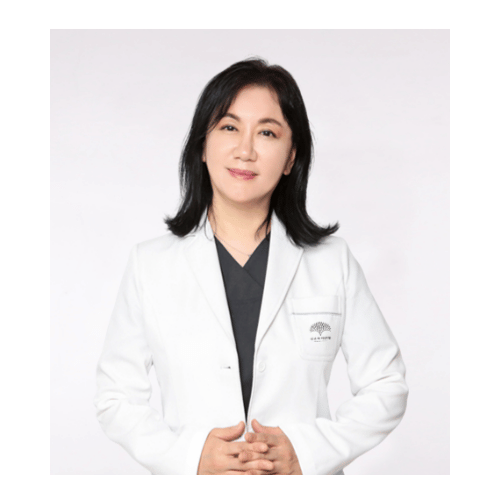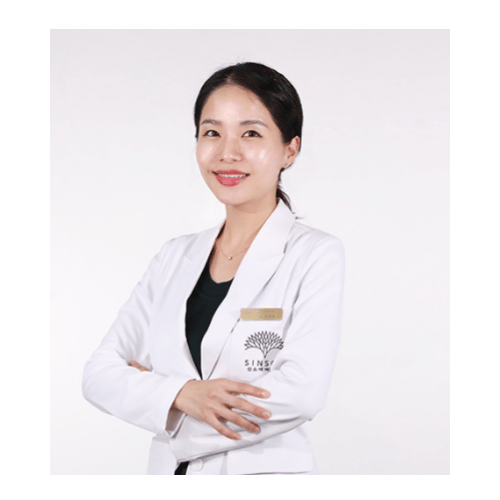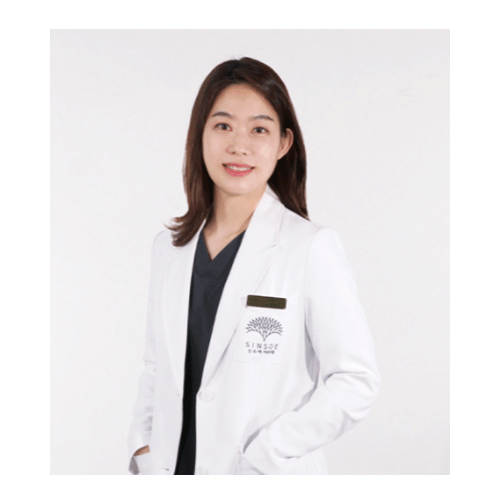In vitro fertilization (IVF) in Korea: What You Need to Know
In Vitro Fertilization (IVF) is one of the most effective assisted reproductive technologies (ART) available for individuals and couples struggling with infertility. Korea is globally recognized for its cutting-edge IVF clinics, high success rates, and patient-centered care. Whether facing age-related fertility decline, male factor infertility, or unexplained issues, IVF in Korea offers a safe, structured, and supportive approach to conception.
What IVF Involves in Korea
1. Fertility Evaluation and Planning
- Comprehensive hormonal testing, ultrasound, AMH, and semen analysis
- Diagnosis of underlying fertility issues and personalized treatment roadmap
- Counseling for treatment expectations and emotional preparation
2. Ovarian Stimulation and Monitoring
- Hormone injections to stimulate multiple egg production
- Regular ultrasounds and blood tests to track follicle growth and hormone levels
- Once ready, a trigger shot is administered before retrieval
3. Egg Retrieval and Fertilization
- Performed under sedation or light anesthesia
- Eggs are collected and fertilized with sperm via standard IVF or ICSI (Intracytoplasmic Sperm Injection)
- Embryos are cultured in a controlled lab environment for 3–5 days
4. Embryo Transfer
- One or more high-quality embryos are transferred into the uterus
- Any remaining viable embryos may be frozen for future use (cryopreservation)
5. Pregnancy Confirmation and Follow-Up
- Blood test conducted 10–14 days post-transfer
- If successful, pregnancy is confirmed and early prenatal care begins
Why Choose Korea for IVF?
- World-class fertility centers with advanced lab facilities and experienced embryologists
- English-speaking fertility specialists and coordinators for international patients
- Short wait times, transparent protocols, and modern clinics in Gangnam, Apgujeong, and Myeongdong
- Personalized stimulation protocols for better outcomes and reduced side effects
- High standards of care, privacy, and emotional support throughout the IVF journey
Cost of IVF in Korea
- Fertility workup and consultation: ₩150,000 to ₩300,000
(approx. $110 to $220 USD) - One IVF cycle: ₩4,000,000 to ₩7,000,000
(approx. $3,000 to $5,200 USD) - ICSI (if needed): ₩1,000,000 to ₩2,000,000
(approx. $750 to $1,500 USD) - Embryo freezing and storage (per year): ₩300,000 to ₩600,000
(approx. $220 to $450 USD) - Genetic testing (PGT-A): ₩1,500,000 to ₩3,000,000
(approx. $1,100 to $2,200 USD)
Many clinics offer all-inclusive IVF packages covering medications, lab work, retrieval, transfer, and follow-up.
Recovery and Aftercare
- Egg retrieval requires 1–2 days of rest; embryo transfer is a gentle, outpatient procedure
- Patients can resume light activity shortly after transfer, avoiding intense physical exertion
- Emotional support and counseling are encouraged throughout the cycle
- Ongoing support is available whether the cycle results in pregnancy or requires additional attempts
Conclusion
IVF in Korea offers an ideal blend of medical excellence, affordability, and compassionate care. From initial assessment to embryo transfer, patients receive expert guidance in state-of-the-art facilities staffed by internationally trained fertility professionals. With high success rates, English-language services, and personalized treatment plans, Korea is a trusted destination for IVF and family-building support.












